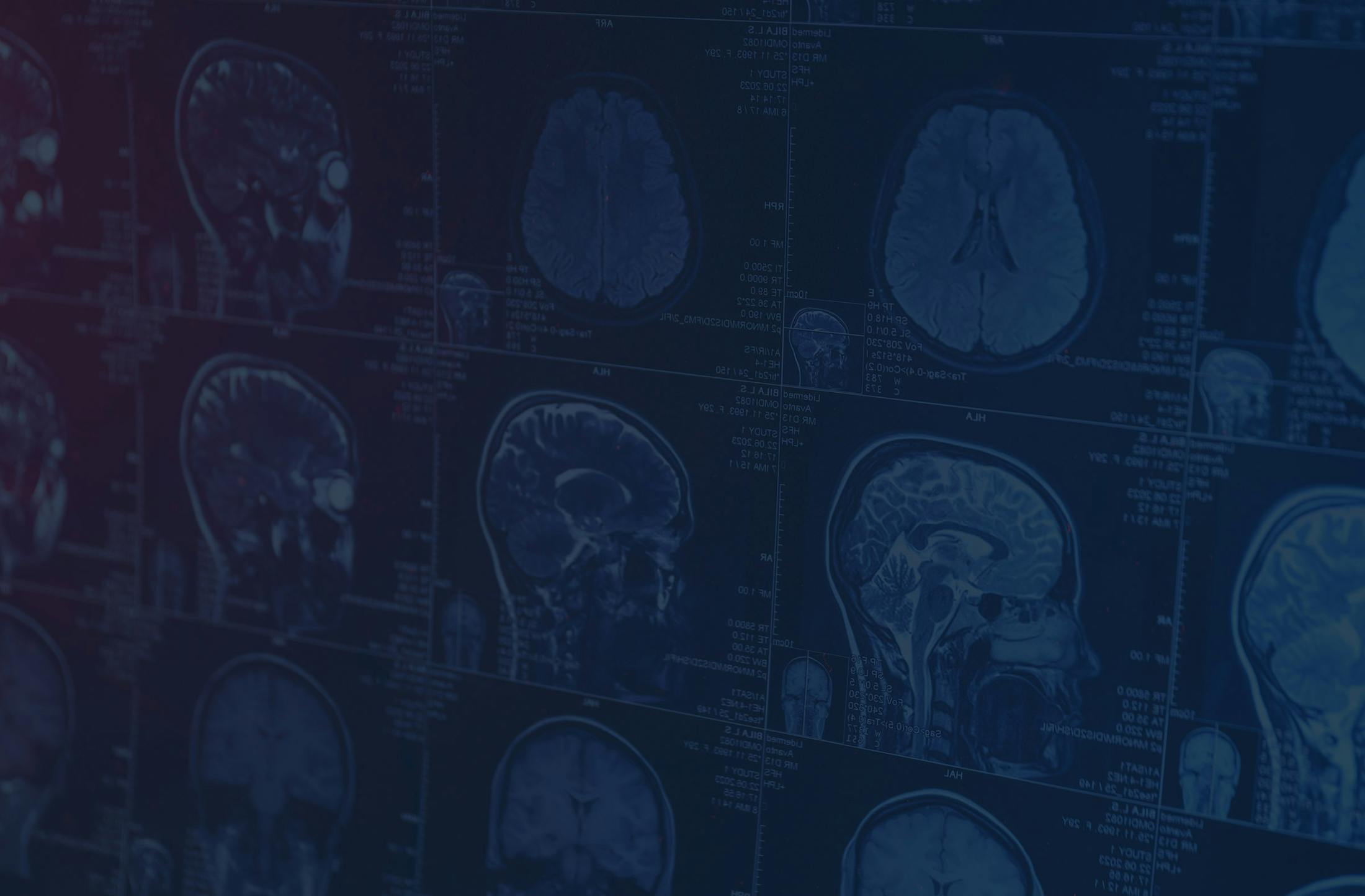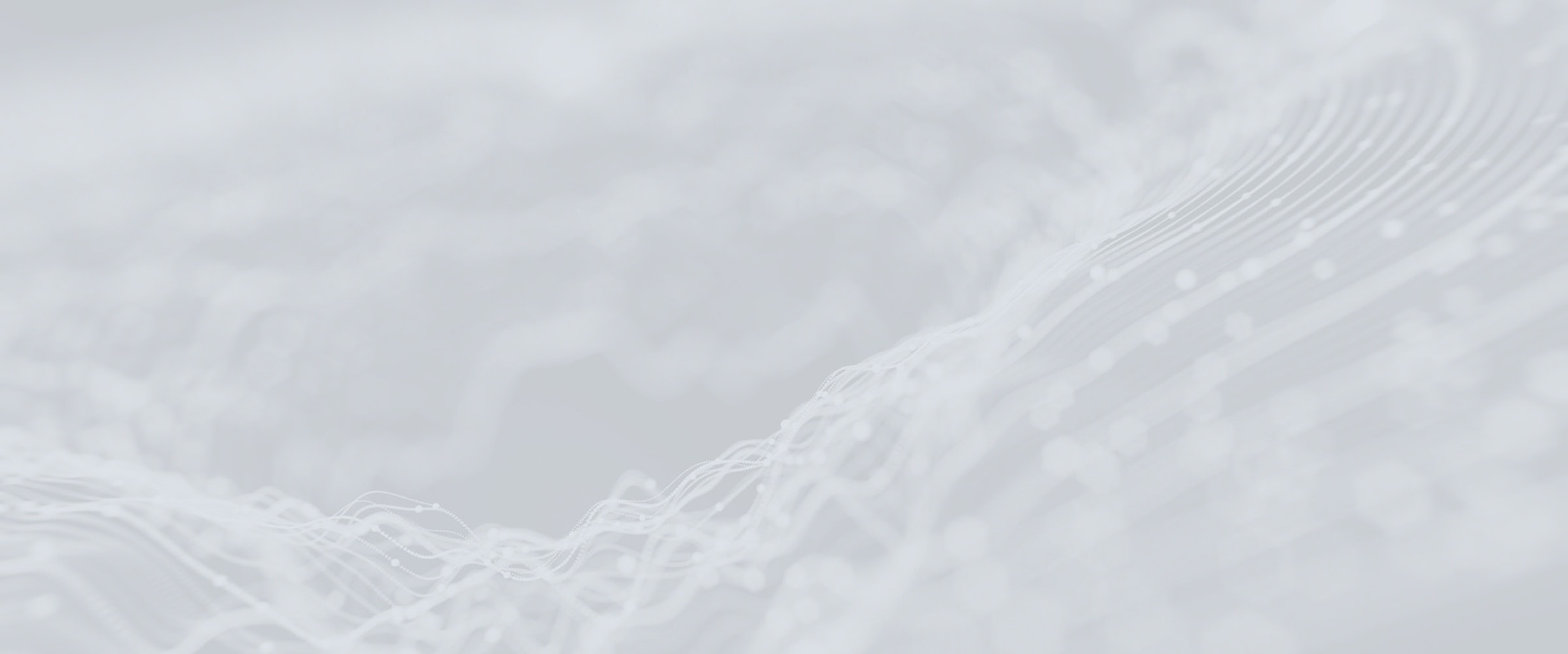Dealing with a pinched nerve can cause persistent pain, numbness, and weakness, significantly affecting your daily life. At California Neurosurgical Institute, we provide comprehensive, expert care to alleviate the discomfort associated with pinched nerves and restore your quality of life.
Target Areas to Address
California Neurosurgical Institute specializes in treating pinched nerves associated with a variety of conditions related to different areas of the body, including:
- Carpal tunnel syndrome (wrist)
- Tardy ulnar palsy (elbow)
- Meralgia paresthetica (thigh)
- Tarsal tunnel syndrome (foot)
- Trigeminal neuralgia, hemifacial spasm, and glossopharyngeal neuralgia (head)
- Sciatica, herniated discs, spinal stenosis (spine)







